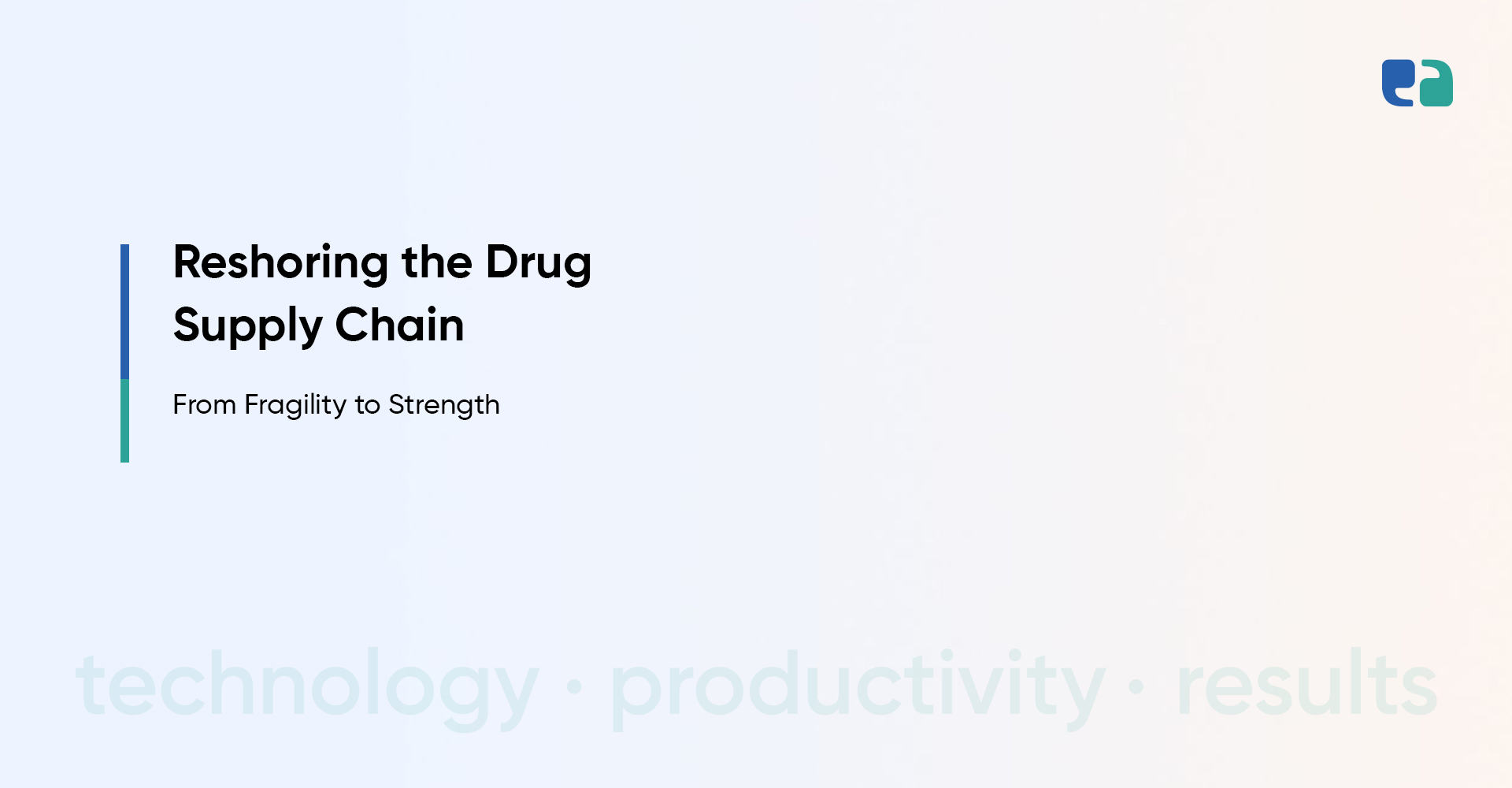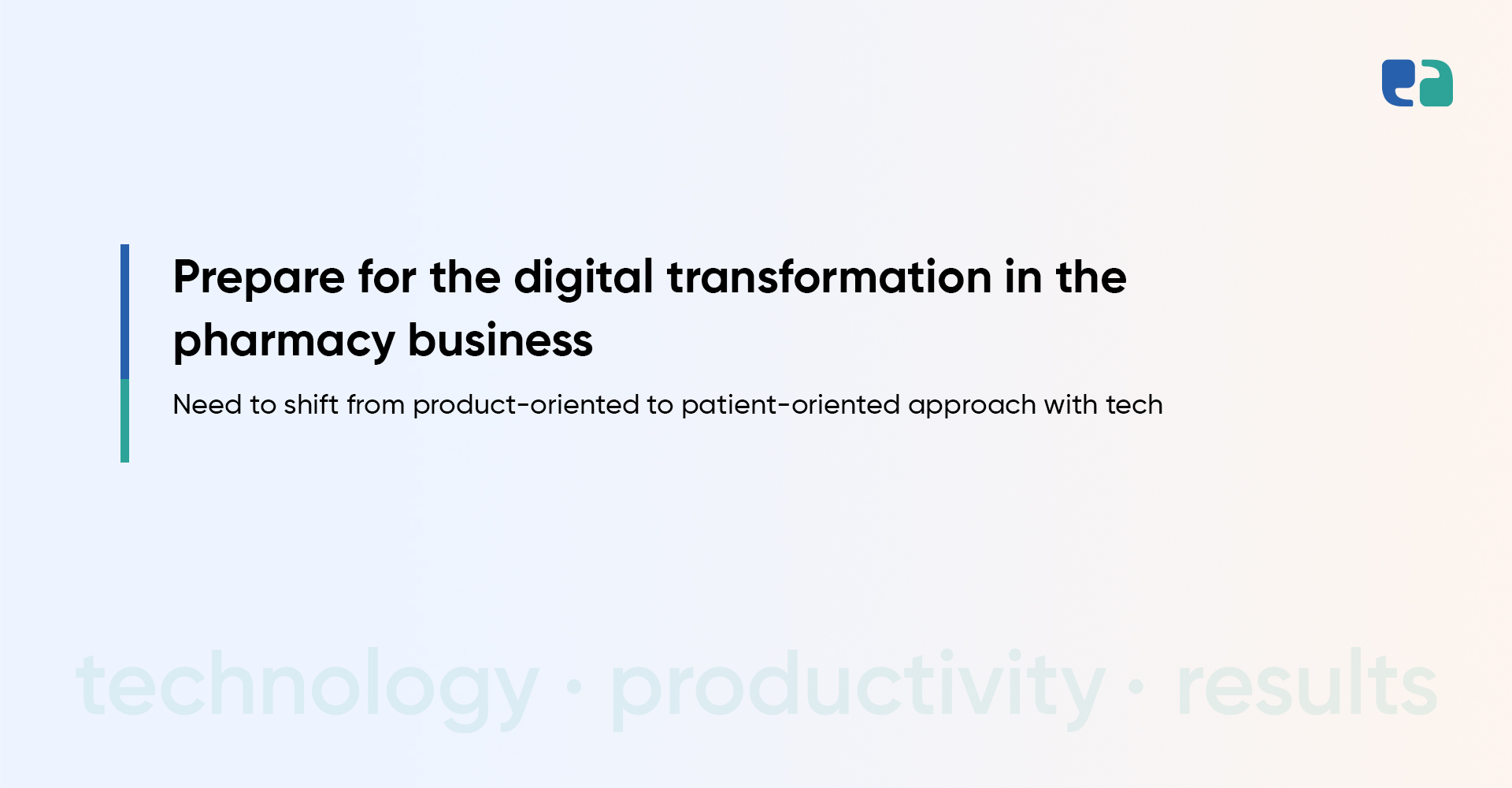The vulnerabilities of global supply chains have become increasingly apparent.
One critical area that has faced significant challenges is the drug supply chain.
The COVID-19 pandemic exposed the fragility of this complex network, highlighting the need for more resilient and localized production.
Reshoring, the process of bringing manufacturing back to the domestic market, has emerged as a potential solution to restore the drug supply chain.
The Vulnerabilities of the Drug Supply Chain
While globalization has enabled cost-effective production and access to a wide range of medications, it has also introduced significant risks.
Disruptions in international trade, natural disasters, political instability, and even quality control issues can impact the availability of drugs, potentially putting lives at risk.
The COVID-19 pandemic exposed these vulnerabilities, leading to widespread shortages of essential medications and highlighting the need for a more robust and resilient drug supply chain.
The Case for Reshoring Pharmaceutical Manufacturing
Overcoming Challenges and Promoting Reshoring
The Concerns and Potential Barriers to Reshoring
The Role of Technology and Innovation
Technological advancements play a crucial role in reshoring pharmaceutical manufacturing.
Automation, data analytics, and digitalization can improve efficiency, reduce costs, and enable faster response times.
Innovation in areas like 3D printing of drugs, personalized medicine, and advanced therapies can also drive the reshoring movement by creating new opportunities for domestic production and reducing reliance on foreign suppliers.
Reduce the Risk of Disruptions with Our Technological Solutions
Reshoring pharmaceutical manufacturing has emerged as a solution to the vulnerabilities and challenges faced by the global drug supply chain.
We, at SyS Creations, are a specialized software development company that caters exclusively to the healthcare industry.
We assist in maintaining quality control standards, providing robust software solutions and regulatory compliance expertise to reduce the risks of counterfeit drugs.



